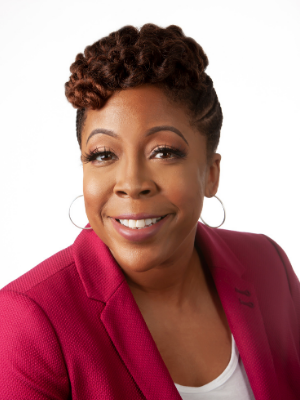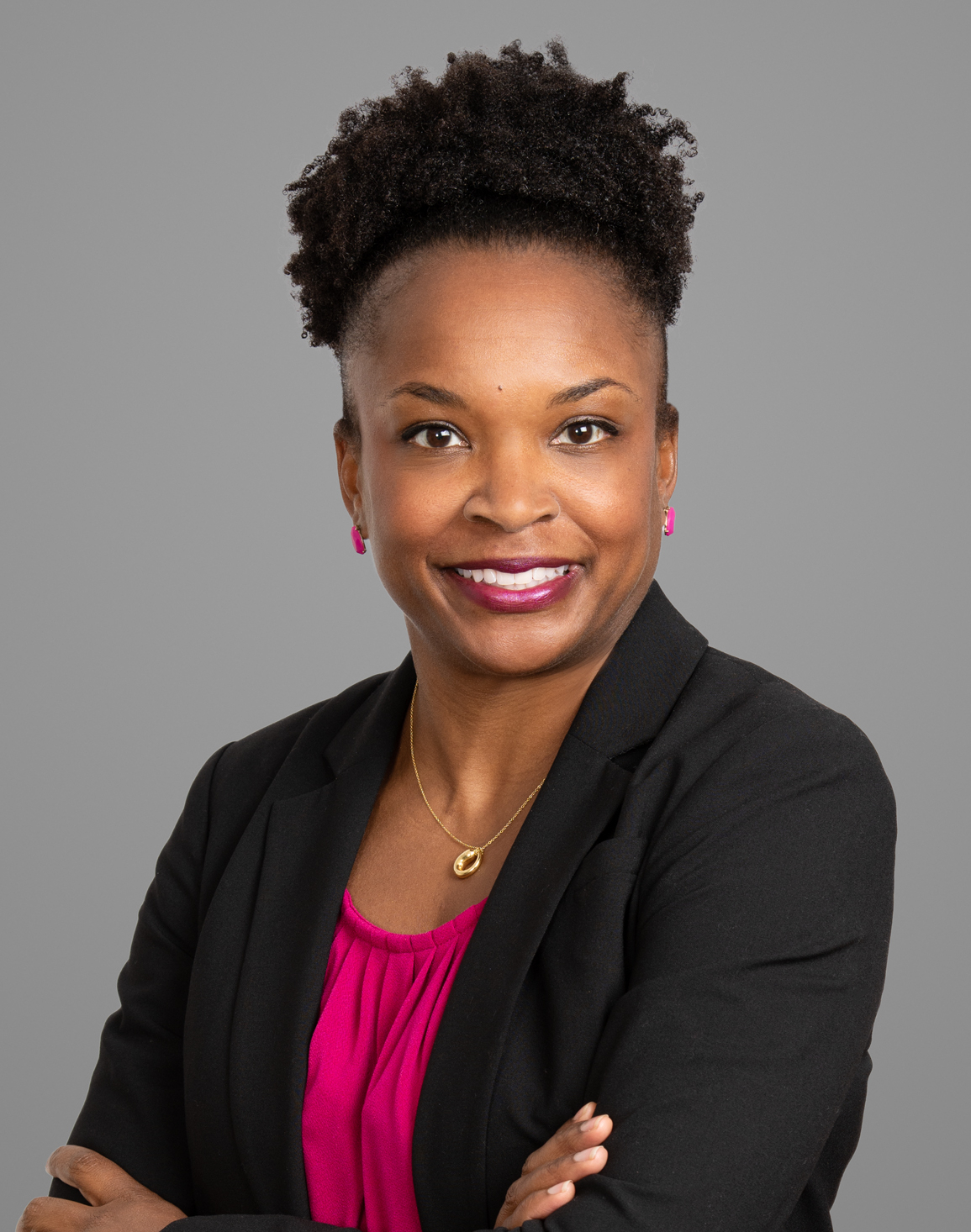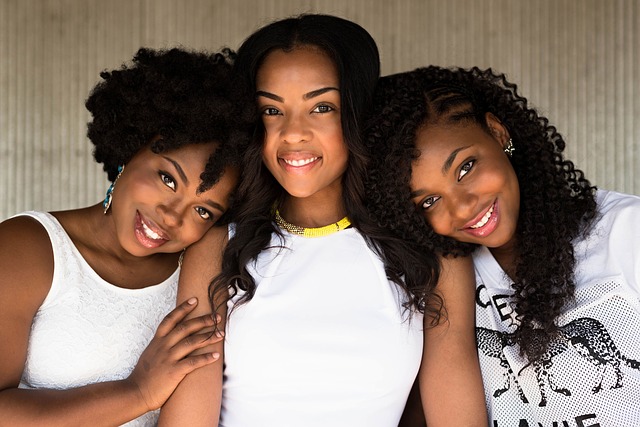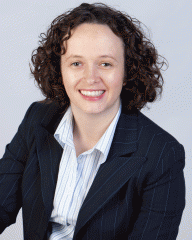 “I just thought to reach out and find the true picture of the world,” is how Sheri Crosby Wheeler describes leaving her Texas hometown, Brownwood, where she grew up economically disadvantaged and without African-American professional role models, for university and then law school.
“I just thought to reach out and find the true picture of the world,” is how Sheri Crosby Wheeler describes leaving her Texas hometown, Brownwood, where she grew up economically disadvantaged and without African-American professional role models, for university and then law school.
Speaking of her background, she says, “I feel like it has given me the grit, the resilience, the fight, the get-up-and-go that I have to this day. I won’t see myself as ever being down and out, and I won’t stay in a ‘woe is me’ place, not for very long.”
The determination to seek possibilities beyond her circumstances has been vital to Crosby Wheeler’s career trajectory from law to diversity and inclusion (D&I).
When Mentors Are Absent
Throughout law school and her legal career, mentors were missing, and she didn’t know how to reach out.
“I wish at that time I knew that if you’re gonna go down a path, you should talk to people who have been down that path already so they can steer you clear of the potholes and the explosions,” she says, for example missing out on a judicial courtship. “I was just very much ‘I know how to do it’, because before that, I had done it all on my own.”
In the absence of mentors, “I crashed and burned, stumbled and failed,” Wheeler says, “I didn’t do well at my first law firm. And for someone who was used to doing well up to that point, it was kind of earth-shattering.”
Getting back up, however, taught her to take risks and eventually to leap paths.
Vicarious Mentorship
In lieu of mentors, Crosby Wheeler has “professionally stalked” role models she admires. This once led her to eventually join the law firm of a lawyer she followed for nearly a decade. Today, her “professional crush” is Vernā Meyers, VP, Inclusion Strategy at Netflix, who like her, holds a law background.
“I’m watching them from afar. What did they do? I’m gonna try that,” she says. “I tell people that the mentor you think you want to have may not be accessible to you one-on-one. They may not necessarily have the time in their day and career to mentor you, but that doesn’t mean they can’t be your secret mentor.”
Daring to Reinvent Herself
“Now initially, I will say I was fighting it,” recalls Crosby Wheeler about her desire to leave litigation. “I was like, no. I have chosen law. I’m gonna push, I’m gonna strive.”
But there came a moment as a contract lawyer when the work no longer felt aligned, and she realized “something has got to give.”
“In my mind, I always knew,” reflects Crosby Wheeler. “I didn’t know when, I didn’t know how, and I didn’t know where I would be going.” That willingness to stop pushing uphill and embrace the uncertainty of career change is a defining moment she is proud of.
After resolving to change paths, an opportunity appeared and became the shift that led to subsequent bigger moves, including three entirely new opportunities that landed on her D&I responsibility at Mr. Cooper, before moving to Fossil Group in 2021.
Sponsorship and Networking Are Essential
While lacking early on, sponsorship was ultimately key for Crosby Wheeler in reaching where she is now, particularly those people who looked at her, saw the potential and extended her the chance to expand into entirely new areas.
“If someone hadn’t put their skin in the game, I wouldn’t even be in this role,” says Crosby Wheeler.
Crosby Wheeler is now passionate about mentoring others. “To remember when I’m going forward, to continue to reach back to young attorneys, to other professionals,” she says. “To the extent that I can, I do. I know how important that is because some of that was missing in my journey.”
She also swears by a consistent network of friends and colleagues who can pick up the phone to support each other.
“I tell young professionals to right now start building that network. And don’t look at the network as what they can do for you,” she says. “Look at the network as what you can do for them. What can you give them? How can you help them? That is how you build a stronger network.”
“Real Good D&I, Not Feel Good D&I”™
“Now I am seeing that direct impact – the ability to positively impact people, businesses and communities,” Crosby Wheeler says of her D&I experience. “What underlies diversity work, and some legal work, is fairness and justice – and that’s a theme that has been a common thread throughout my life. That is what really speaks to me in this work.”
With racial justice issues at the national forefront, Crosby Wheeler sees this as a moment for companies to advance equity like never before. “More people are focused on it, caring about it, and understanding the importance,” she observes. “More people are willing to have the conversation. That’s what we’ve needed all along.”
“It can feel uncomfortable, but there is growth in discomfort,“ she says. “I don’t know about you, but I like to grow. I like to change. I like to get better. It’s just like people going to the gym. Your muscles are sore because you worked them. There was some discomfort there. Same thing. You’ve gotta work your D&I muscles for you to grow, for you to get better.”
Crosby Wheeler is observing a shift to “Real Good D&I, Not Feel Good D&I”™.
“‘Feel Good D&I’ can also be considered performative,” she says. “‘Oh yea, we just had this potluck and we put up a statement, woo!’ Well, that’s not changing things for people. That’s not changing systems, policies, procedures, laws, so ultimately it’s not changing things.”
An example of “Real Good D&I” is a company being transparent about where they are on the journey, and creating sustained organization-wide accountability to shift it.
“Having accountability that recognizes that it’s everyone’s issue, that it permeates the entire organization. That it’s not ‘that department over there, they’re doing this’.” she says. “No. Everybody is doing this, because this runs throughout the whole company. That’s what it takes – everybody working on it.”
Because “Real Good D&I” is sustained effort and change, it’s hard to gauge by quick metrics.
“It’s not like regular business operations where you’re looking at numbers, where it’s dry and objective,” Crosby Wheeler presses. “This is people, emotions, and feelings involved as well. So you’re trying to change hearts as well as minds. That’s not simple and that’s not easy and that’s not quick.”
Sourcing Growth From Adversity
Crosby Wheeler boldly chooses the experience of being fired from a legal job early on in her career as a key moment in her character development.
“It let me know that I can come back from a mistake, from what I thought was the worst thing ever.” she says. “I remember saying at the time ‘now I’m gonna find out what I’m really made of,’ and I did. I hope that I can exude that for other people to take in, and know they will also be okay too.”
And she does.
By Aimee Hansen



